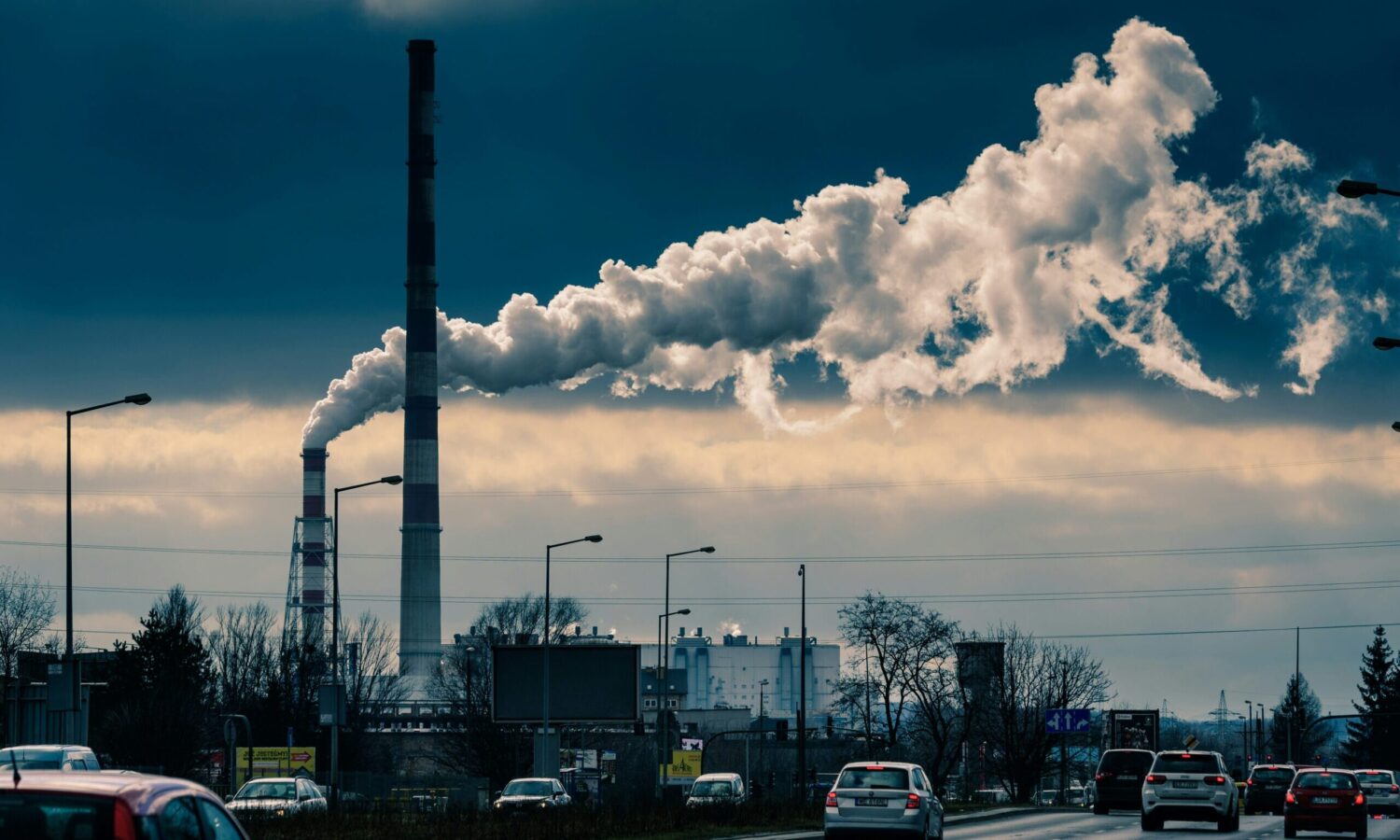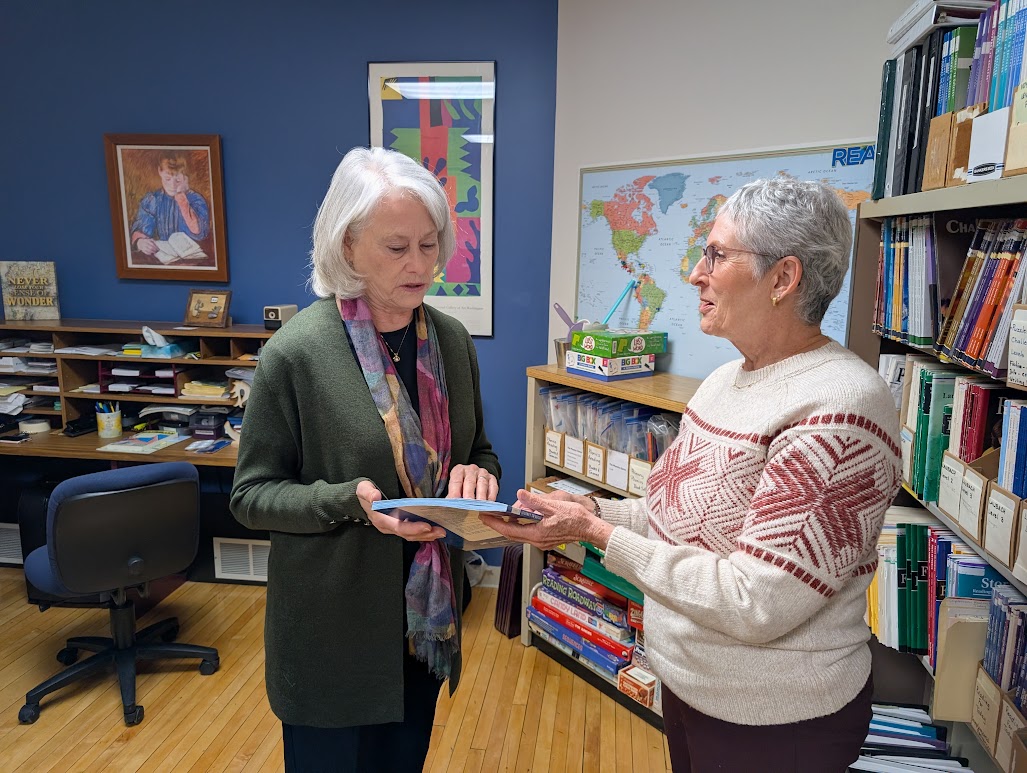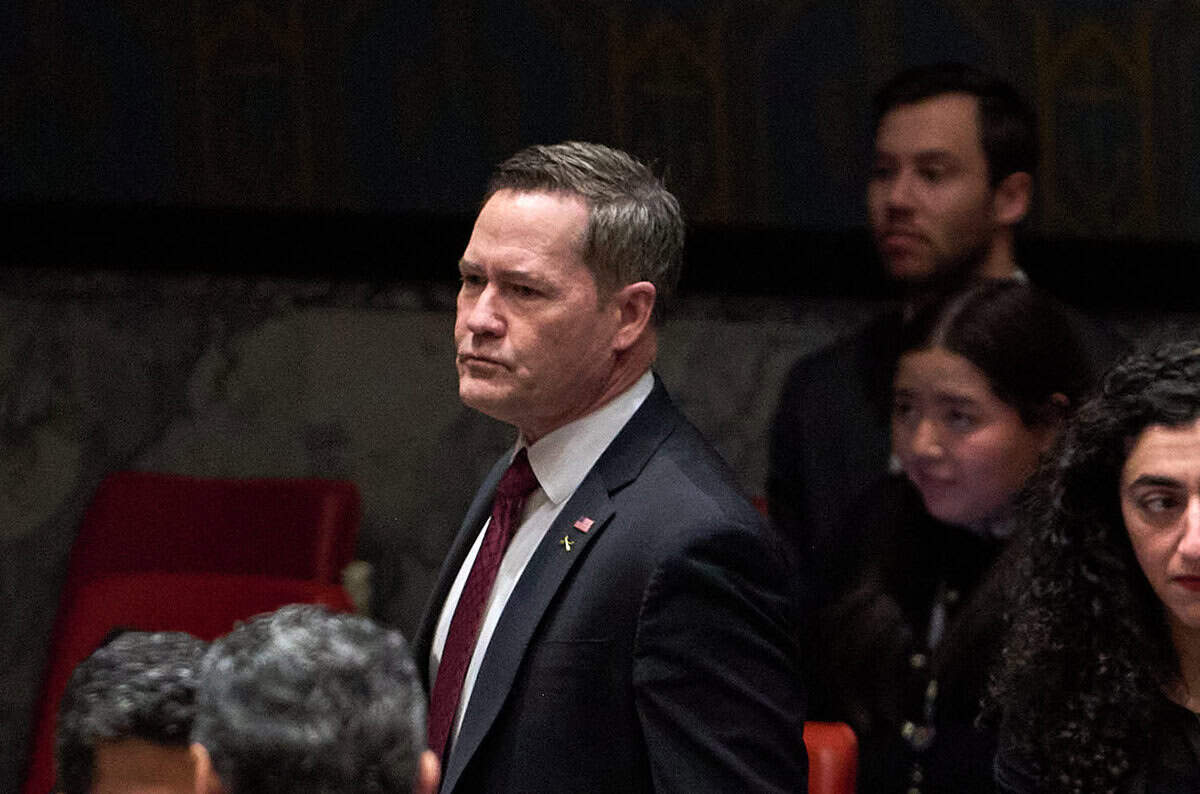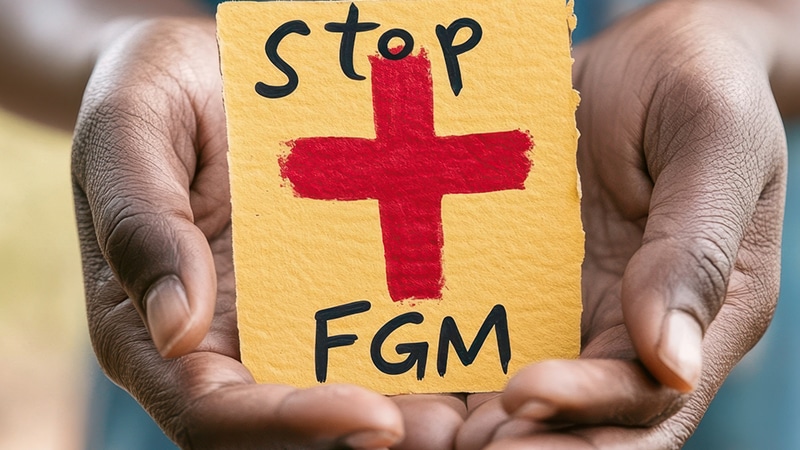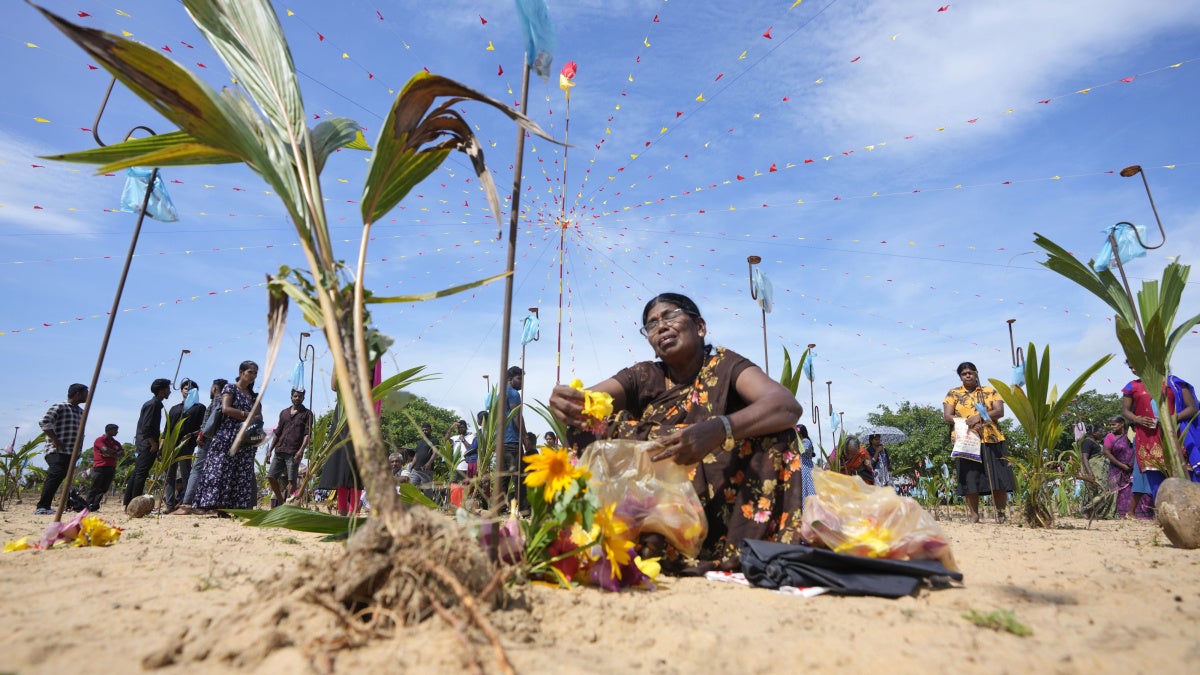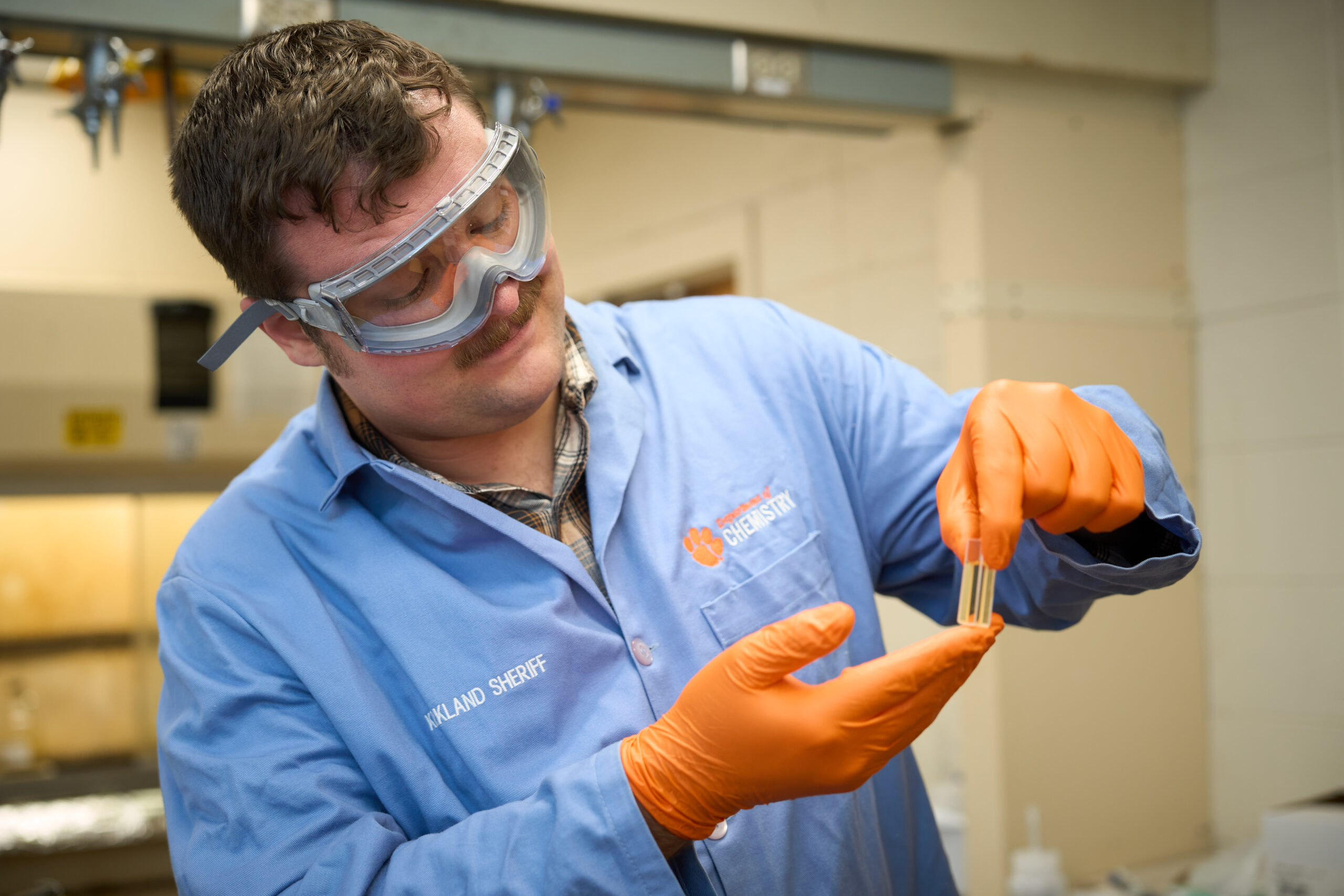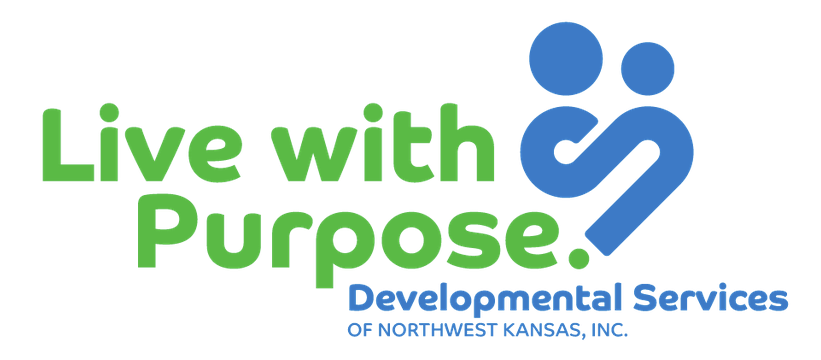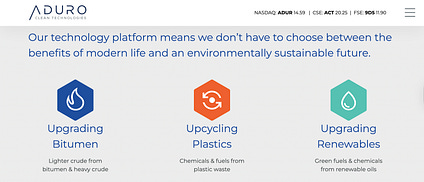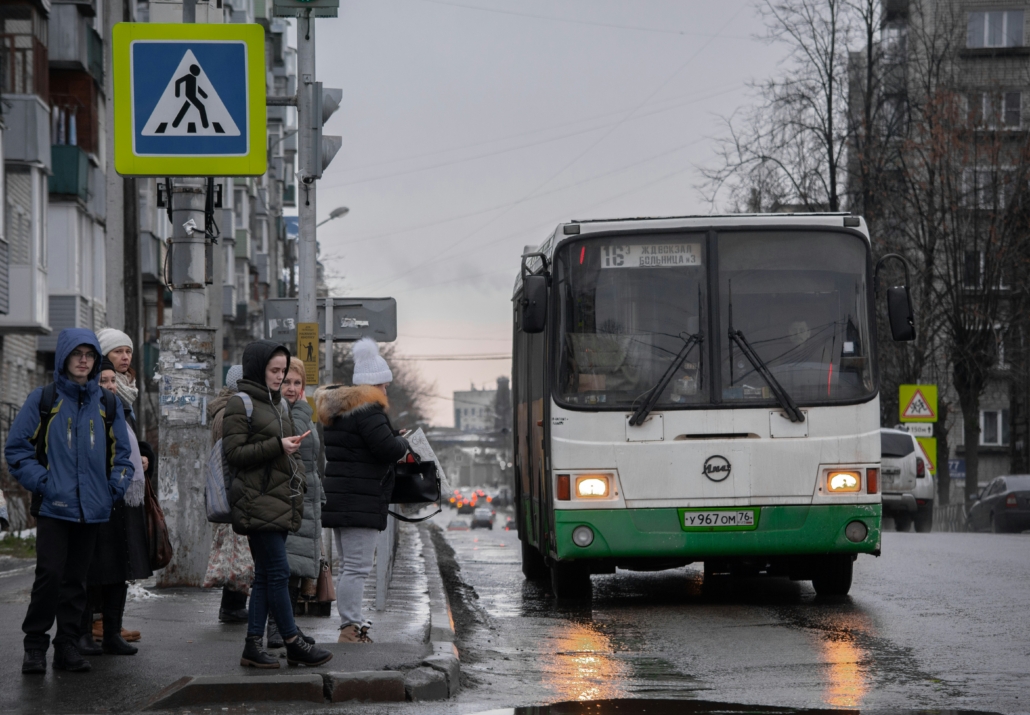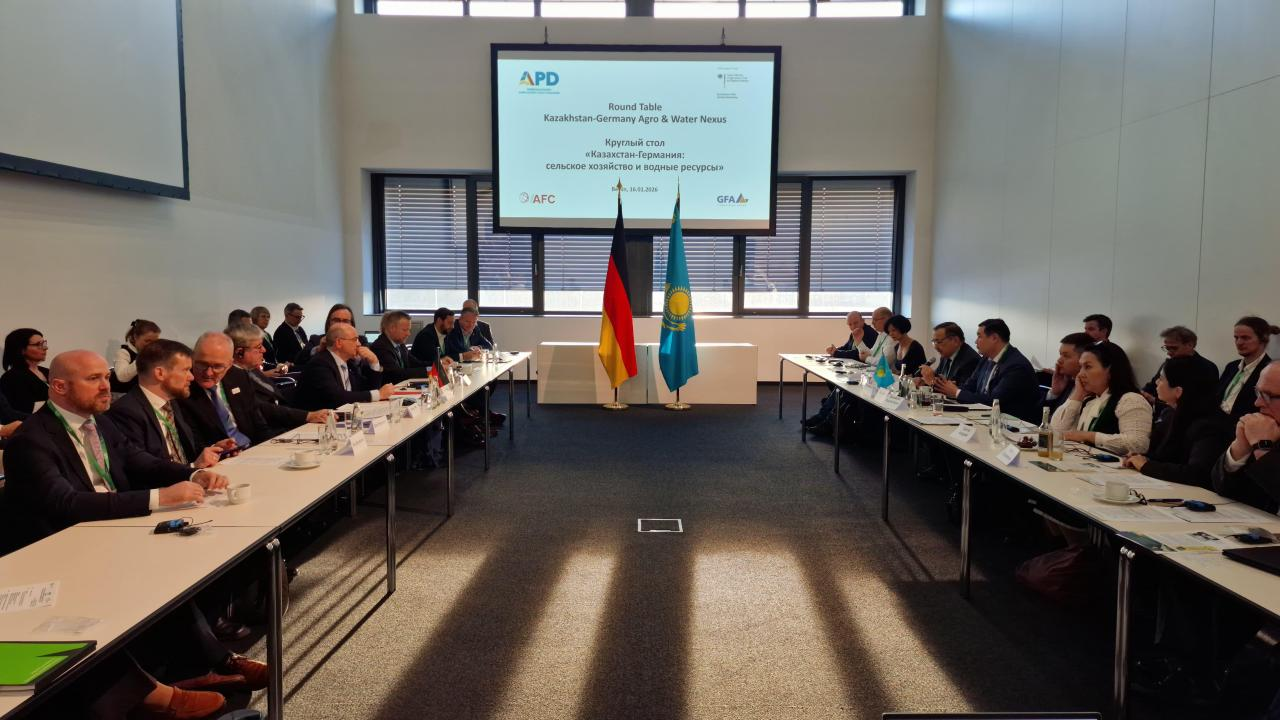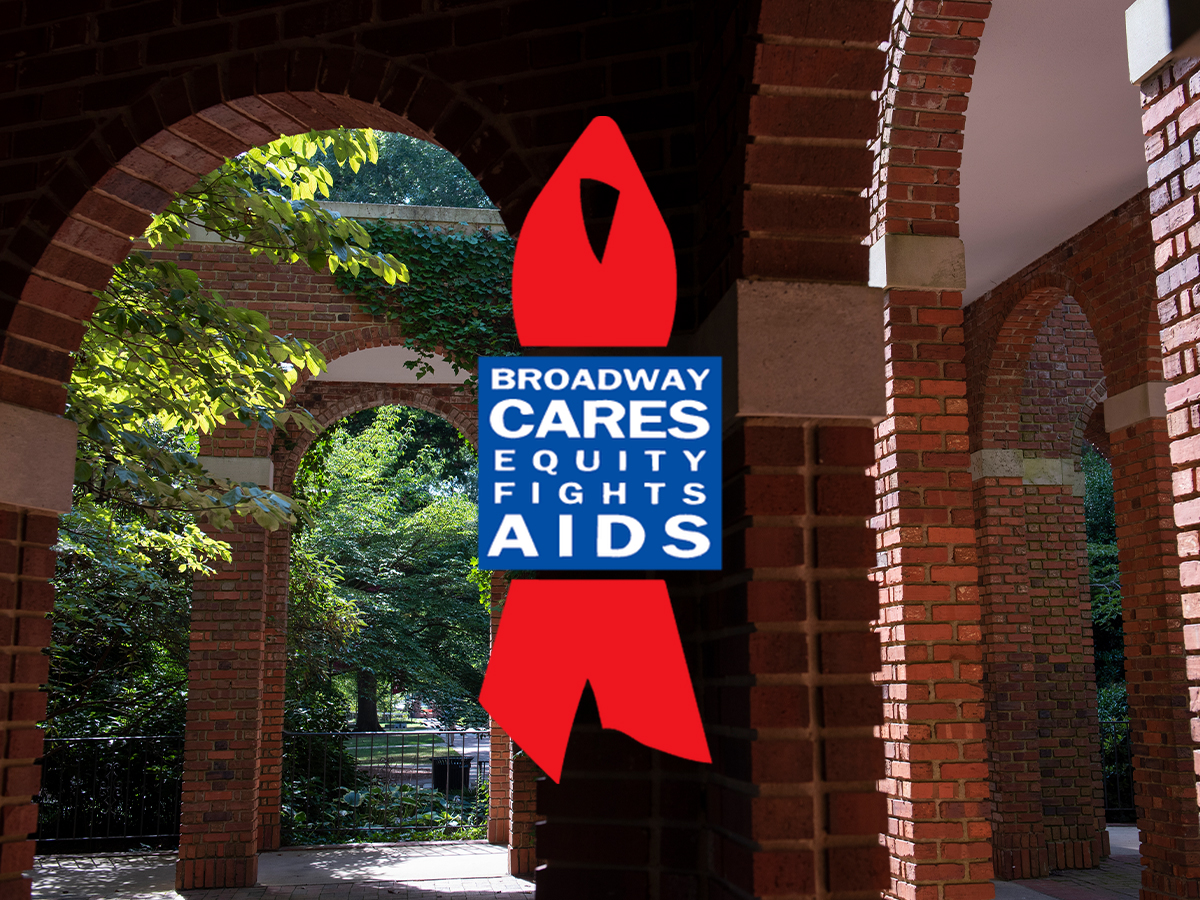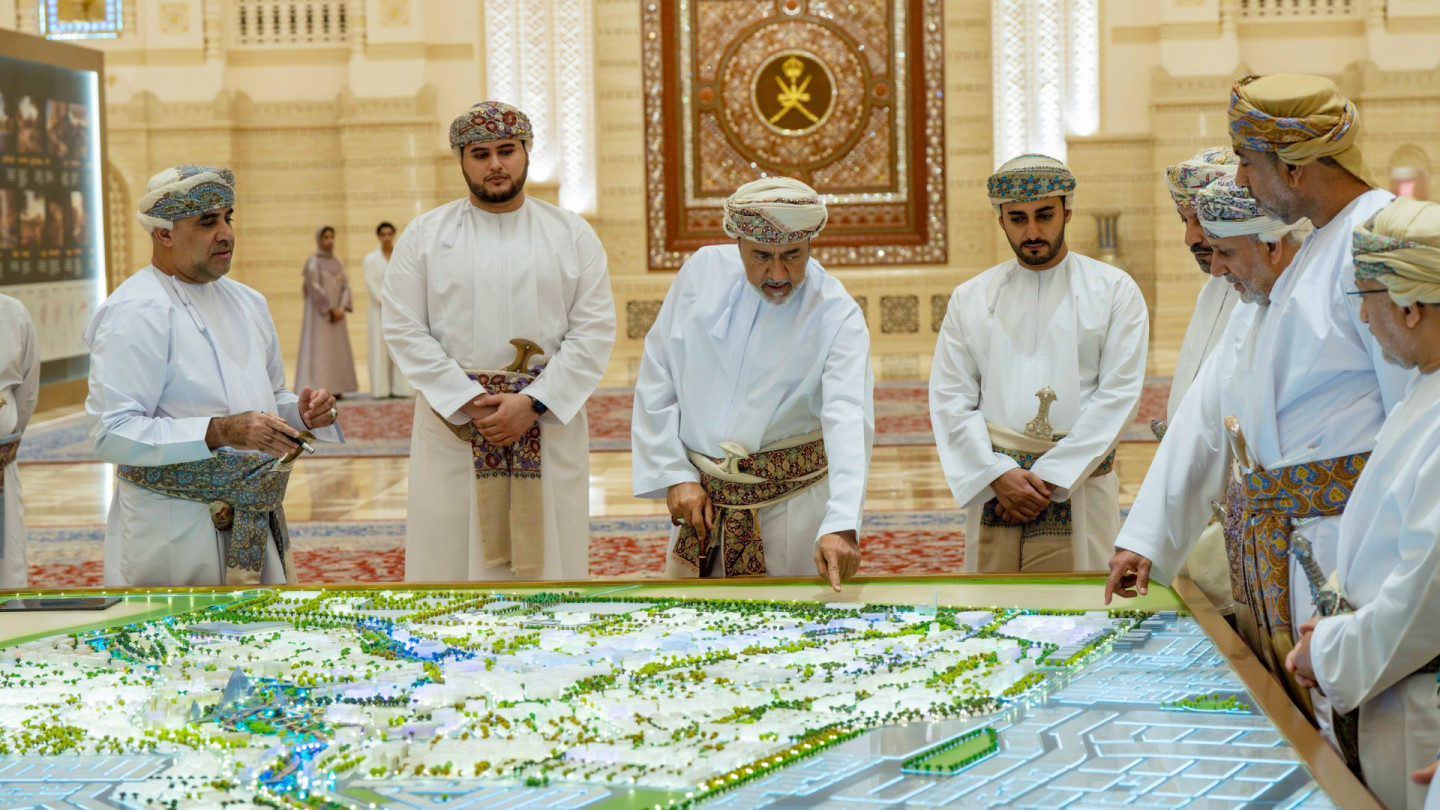Panel Explores Catholic Social Teaching and Human Rights in Africa – University of Notre Dame

Report on the Intersection of Catholic Social Teaching and Human Rights in Africa in the Context of the Sustainable Development Goals
Introduction
A panel event hosted by Notre Dame Law School, titled “How Does Catholic Social Teaching Animate Human Rights in Africa,” convened legal scholars, theologians, and human rights experts to analyze the influence of the Catholic Church’s principles on social justice in Africa. The discussion provided a framework for understanding these contributions through the lens of the United Nations Sustainable Development Goals (SDGs). The panel featured Dr. Robert Eno, Dr. Antoinette Kankindi, Father Paulinus I. Odozor, C.S.Sp, and Professor Christine Venter, and was moderated by Professor Michael Addo.
Universal Human Rights, Cultural Context, and SDG 16
The panel addressed the universality of human rights, positing that while international covenants were often developed in the West, the core values are indigenous to African traditions. This aligns with SDG 16 (Peace, Justice and Strong Institutions), which seeks to promote just, peaceful, and inclusive societies.
- Panelists asserted that African traditions have long upheld values of solidarity, hospitality, and human dignity, which are foundational to human rights.
- The African Charter on Human and People’s Rights was highlighted for its emphasis on economic, social, and cultural rights, as well as duties to the community, reflecting a holistic approach to justice.
- Dr. Eno stated, “The idea that human rights is a purely Western concept is fading,” reinforcing the global commitment to universal dignity and justice central to SDG 16.
The Church’s Role in Advancing Key Sustainable Development Goals
The discussion detailed the Catholic Church’s tangible contributions to several key SDGs through its long-standing work in education, healthcare, and advocacy for justice.
- SDG 4 (Quality Education) and SDG 3 (Good Health and Well-being): Dr. Kankindi emphasized the Church’s significant impact, stating, “One of the greatest things that the Church has done to animate the discourse of human rights is her monumental work in education… and in health, and in the defense of the family.” These efforts are direct contributions to ensuring inclusive and equitable quality education and promoting healthy lives for all.
- SDG 10 (Reduced Inequalities) and SDG 16 (Peace, Justice and Strong Institutions): The panel cited the Church’s historical role in challenging systemic injustice. Professor Venter noted the Catholic Church’s opposition to apartheid in South Africa, which the Dutch Reformed Church had deemed “divinely ordained,” as a critical intervention to combat institutionalized inequality and promote justice.
- Foundational Principles for All SDGs: Father Odozor articulated a core principle of Catholic social teaching that supports all development goals, noting, “The rights that people have are because they are God’s creatures, they are individual persons, and they cannot be subsumed under community interests.” This focus on inherent individual dignity is a prerequisite for achieving any of the SDGs.
Future Challenges and the Imperative for SDG 8
Looking forward, the panel identified Africa’s youth demographic as a critical area of focus, directly linking their future to the achievement of SDG 8 (Decent Work and Economic Growth).
- Dr. Eno projected that by 2050, approximately one-third of Africa’s population will be under 35.
- He warned that without targeted action, significant challenges could derail progress. He stated, “That is where the Church must focus—because unemployment, drug abuse, and lack of opportunity may lead to a lost generation if something is not done.”
- This underscores the urgency of creating inclusive economic growth, full and productive employment, and decent work for all, as outlined in SDG 8.
Conclusion and Areas for Further Dialogue
The panel concluded that connecting universal human rights with Africa’s cultural heritage is essential for sustainable progress. The subsequent Q&A session raised further points relevant to the SDGs, including the Church’s role in addressing governance, financial practices, and health crises like HIV/AIDS. These dialogues highlight the complex, multi-faceted approach required to achieve the Sustainable Development Goals across the continent.
SDGs Addressed or Connected to the Issues Highlighted in the Article
-
SDG 16: Peace, Justice and Strong Institutions
The article’s central theme is human rights, justice, and the rule of law in Africa. It discusses the African Charter on Human and Peoples’ Rights, the role of the African Court for Human and Peoples’ Rights, and historical struggles for justice, such as resisting apartheid in South Africa. This directly aligns with promoting just, peaceful, and inclusive societies.
-
SDG 4: Quality Education
The article explicitly mentions the Catholic Church’s “monumental work in education” as a key contribution to advancing the discourse on human rights. This highlights the role of education in promoting human rights and social justice, which is a core component of quality education.
-
SDG 3: Good Health and Well-being
The text cites the Church’s significant contributions to “health” alongside education. Furthermore, the Q&A session specifically brought up the “HIV/AIDS crisis,” linking the discussion to major public health challenges and the need for accessible healthcare services.
-
SDG 10: Reduced Inequalities
The article references the Church’s role in “resisting apartheid in South Africa,” where it called out the practice as a “heresy.” This is a direct example of combating institutionalized racial discrimination and working to reduce inequalities.
-
SDG 8: Decent Work and Economic Growth
A key concern raised for the future is the plight of Africa’s youth. The article warns that “unemployment… and lack of opportunity may lead to a lost generation.” This points to the need for creating economic opportunities and decent work, particularly for the young population.
-
SDG 17: Partnerships for the Goals
The event described in the article is itself an example of a partnership. It brought together “legal scholars, theologians, and human rights experts” from different institutions (Notre Dame Law School, Strathmore Law School, African Court for Human and Peoples’ Rights) to collaborate on the complex issue of human rights in Africa. This multi-stakeholder approach is the essence of SDG 17.
Specific Targets Identified Based on the Article’s Content
-
Target 16.3: Promote the rule of law at the national and international levels and ensure equal access to justice for all.
This is identified through the mention of the African Court for Human and Peoples’ Rights and the African Charter, which are mechanisms designed to ensure justice and uphold the rule of law.
-
Target 16.b: Promote and enforce non-discriminatory laws and policies for sustainable development.
The specific example of the Catholic Church’s opposition to apartheid as a “divinely ordained” policy directly relates to the goal of challenging and eliminating discriminatory laws and policies.
-
Target 4.7: Ensure that all learners acquire the knowledge and skills needed to promote sustainable development, including… human rights.
The statement that the Church’s “monumental work in education” serves to “animate the discourse of human rights” implies that education is being used as a tool to promote human rights awareness and values.
-
Target 3.3: End the epidemics of AIDS… and other communicable diseases.
This target is directly implicated by the mention of the “HIV/AIDS crisis” as a sensitive issue that the Church must address, highlighting it as a significant health challenge on the continent.
-
Target 8.6: Substantially reduce the proportion of youth not in employment, education or training.
The article’s warning about Africa’s youth facing “unemployment… and lack of opportunity” directly connects to this target, which focuses on ensuring young people are productively engaged.
-
Target 10.3: Ensure equal opportunity and reduce inequalities of outcome, including by eliminating discriminatory laws, policies and practices.
The historical reference to the Church calling out apartheid as a “heresy” is a clear example of action taken to eliminate a discriminatory practice and reduce inequalities of outcome based on race.
Indicators Mentioned or Implied in the Article
-
Indicator for SDG 16 (Justice):
The existence and functioning of judicial and human rights institutions, such as the “African Court for Human and Peoples’ Rights,” serve as an implied indicator of progress towards strong institutions and access to justice.
-
Indicator for SDG 4 (Education):
The scale of the Church’s “monumental work in education” is an implied indicator. This could be measured by the number of educational institutions established or supported and the number of students enrolled, particularly in programs that promote human rights.
-
Indicator for SDG 3 (Health):
The article implies that the Church’s contribution to “health” can be measured by its role in providing healthcare services and its engagement in addressing public health crises like “HIV/AIDS.”
-
Indicator for SDG 8 (Youth Employment):
The rate of “unemployment” among youth is explicitly mentioned as a critical issue. This serves as a direct, though not quantified, indicator for measuring the economic well-being and opportunities for the continent’s young population.
-
Indicator for SDG 10 (Inequality):
The historical opposition to “apartheid” serves as an indicator of actions taken against discriminatory policies. Progress could be measured by the dismantling of such systems and the promotion of non-discriminatory laws.
Table of SDGs, Targets, and Indicators
| SDGs | Targets | Indicators (as identified in the article) |
|---|---|---|
| SDG 16: Peace, Justice and Strong Institutions | 16.3: Promote the rule of law… and ensure equal access to justice for all. 16.b: Promote and enforce non-discriminatory laws and policies. |
Existence and functioning of institutions like the African Court for Human and Peoples’ Rights; Actions taken to oppose discriminatory policies like apartheid. |
| SDG 4: Quality Education | 4.7: Ensure all learners acquire knowledge and skills needed to promote… human rights. | The scale of the Church’s “monumental work in education” to animate human rights discourse. |
| SDG 3: Good Health and Well-being | 3.3: End the epidemics of AIDS… and other communicable diseases. | Engagement in addressing the “HIV/AIDS crisis” and contributions to the health sector. |
| SDG 10: Reduced Inequalities | 10.3: Ensure equal opportunity… by eliminating discriminatory laws, policies and practices. | Historical actions of “resisting apartheid” and calling it out as a “heresy.” |
| SDG 8: Decent Work and Economic Growth | 8.6: Substantially reduce the proportion of youth not in employment, education or training. | The rate of “unemployment” and “lack of opportunity” among Africa’s youth population. |
| SDG 17: Partnerships for the Goals | 17.17: Encourage and promote effective… civil society partnerships. | The collaboration of legal scholars, theologians, and human rights experts in the panel event itself. |
Source: law.nd.edu

What is Your Reaction?
 Like
0
Like
0
 Dislike
0
Dislike
0
 Love
0
Love
0
 Funny
0
Funny
0
 Angry
0
Angry
0
 Sad
0
Sad
0
 Wow
0
Wow
0
